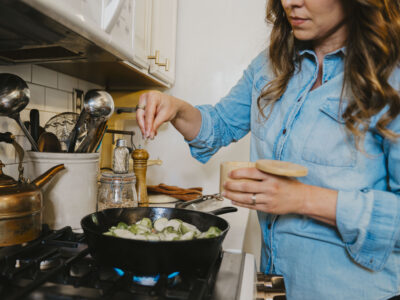I’m sharing my top tips that anyone can do right now for easy ways to save money this year. Some of them might not be in ways you’ve really thought about or considered before, while others may be a given depending on where you’re at in your money-saving journey. Then, I’ll share some bonus tips on how to save money as a homesteader.

Table of Contents[Hide][Show]
🍞 Struggling With Sourdough?
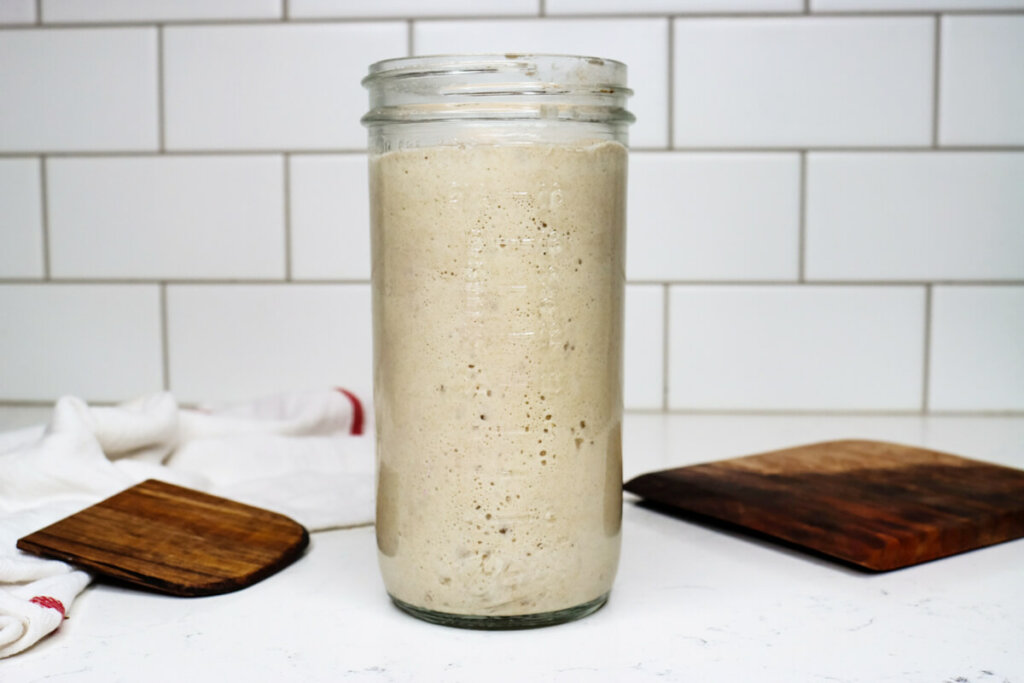
If your starter won’t take off, your loaves are dense and hard, or sourdough just flat-out overwhelms you…
👉 I’ll show you how to fix all of it.
Join my FREE workshop and learn how to make a bubbly, active starter—the right way, from Day One.
Why Save Money?
With the rate that inflation has been going for the past several years, I haven’t met a single person not interested in saving money where they can. From groceries to utilities, it seems the cost of living just keeps going up.
This post was originally published with my podcast interview with Tessa, but has since been updated to include the video below, as well as a podcast on Great Depression Era money saving tips with potatoes!
 For many of us, we’re forced into frugality. Meaning we simply can’t afford to spend money on what others may deem necessities.
For many of us, we’re forced into frugality. Meaning we simply can’t afford to spend money on what others may deem necessities.
If you’re a one-income household, I have tips on how to live off of one income, as well as these tips on living a simple life from the Great Depression.
Many of these habits start off as a choice. We set our minds to living within our means, and anything that tests that gets set aside or swapped for a more affordable alternative.
Find Your Tribe
I was blessed with an awesome tribe of people around me. The term “tribe” is kind of this word that’s thrown around, but I think, really, it’s a group of people who identify and have common goals and outlooks in life. They’re people we share with and who come around you to help, teach, lend a hand, etc. It’s a pivotal part of building community sufficiency and something that I will never take for granted.
Homesteading and preparedness really overlap so much, but I feel like, with homesteaders, we overall have an open hand. Saying, “Let me help you. Let me teach you. Let me be a good neighbor.”
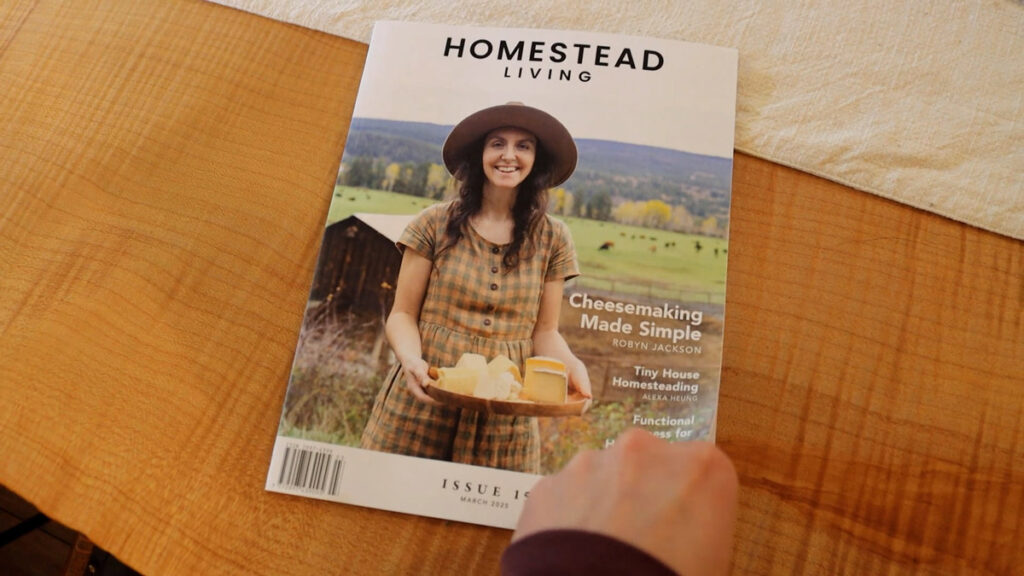
Easy Ways to Save Money
Utilize the Library
Instead of buying or subscribing to monthly magazines (or monthly streaming services for watching movies and television shows), check out your library first!
If your library doesn’t carry a magazine that you’d like, ask them if they’ll order it for you. More times than not, they will!
Furthermore, many libraries have items other than books that you can check out, such as sewing machines, 3D printers and lasers. They might also have passes and tickets to local attractions in your area!
Obviously, this depends on the library in your area, but it’s worth looking into to see what kind of savings you can get.
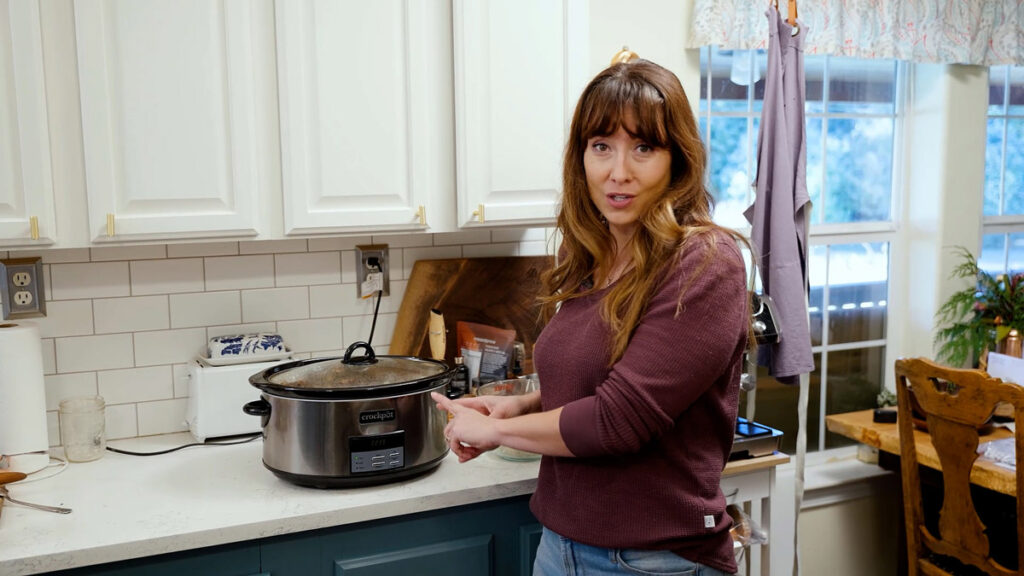
Optimize Utility Usage
Cooking
If you plan on roasting or simmering your food, consider using your slow cooker instead of the stovetop or oven!
The average oven costs 50 cents per hour to operate, and the stovetop costs 35 cents per hour to operate, while your slow cooker only costs about 5 cents per hour to operate.
Thermostat Settings
Whenever you’re not going to be home, whether that’s during the day while you’re at work, or if you’re away for a long weekend. Make sure to turn that thermostat down! There’s no reason to keep a heated (or cooled) home when no one will be there to enjoy it.
During the winter months, it’s easy to crank that thermostat up to where you’re comfortable in the house. But how about turning it down to where you’re slightly chilly and layering up with a sweatshirt and slippers?
The same goes for the summer months when you might be tempted to crank up that air conditioning (for those who have it). Instead of setting it to 68 degrees, which might feel the most comfortable for you, turn it to 74, wear fewer layers.
Always make sure to pull closed curtains (especially if they’re thick), as this will both keep heat in during the colder months and heat out during the hotter months. This is especially important during the summer for any sunny-facing windows to keep the heat out.
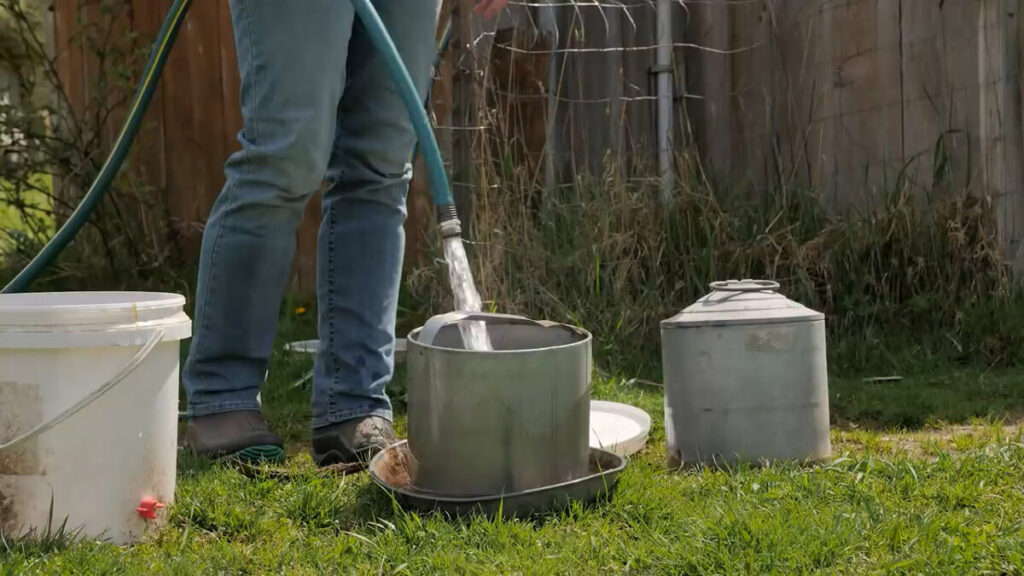
Check for Water Leaks
If you use city water or any metered water source, check for small leaks or running water (like toilets). Even a tiny drip can add up over time.
Lights and Plugs
When a room is not in use, make sure everyone knows to turn off the lights. This makes me think of my dad, who also taught us to unplug any unused electronics, as even if they’re off, they’ll still draw a small bit of power.
Every little bit of savings counts!

Check Your Insurance
Make sure to check on your insurance, both for your home and auto. You might be surprised to know you could be saving money every month (without increasing your deductibles). I was able to find insurance that had better coverage and cost $200 less per year!
Ask around, get some quotes and you never know how much you could save.
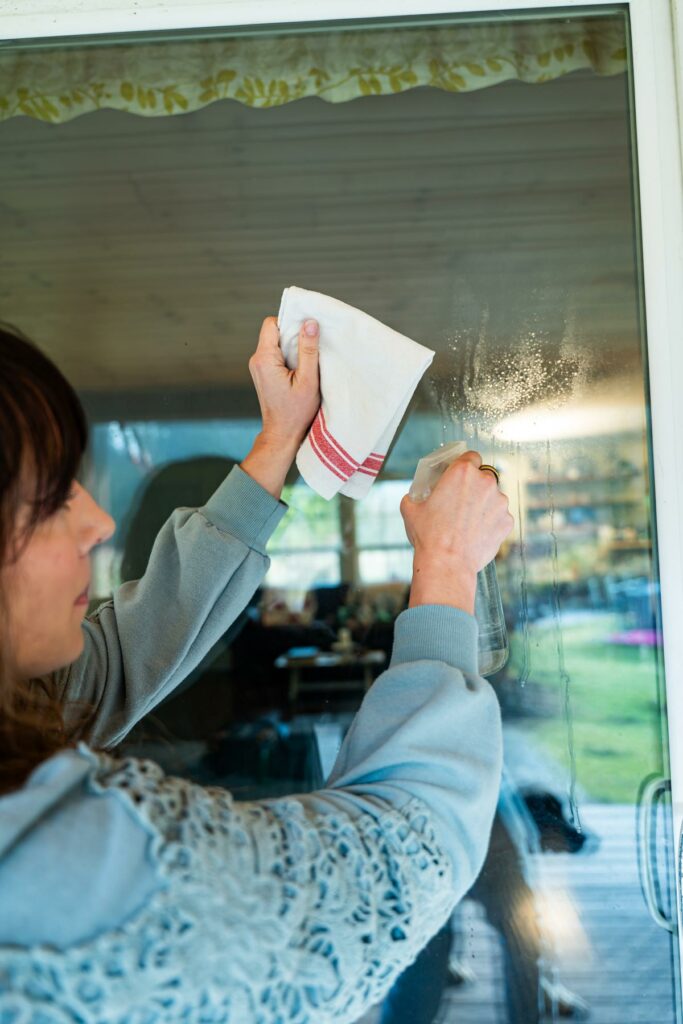
DIY Household Items
I didn’t realize just how easy it is to make so many homemade cleaning items from scratch. Once I found this out, I made it my mission to cut out as many store-bought items as I could!
Here are some ideas:
- Homemade All-Purpose Cleaner (Citrus or Pine/Fir)
- Four Ways to Clean with Vinegar
- One-Ingredient 5-Minute Oven Cleaner
- Homemade Cleaners (and Spring Cleaning Tips) for Every Room in the House
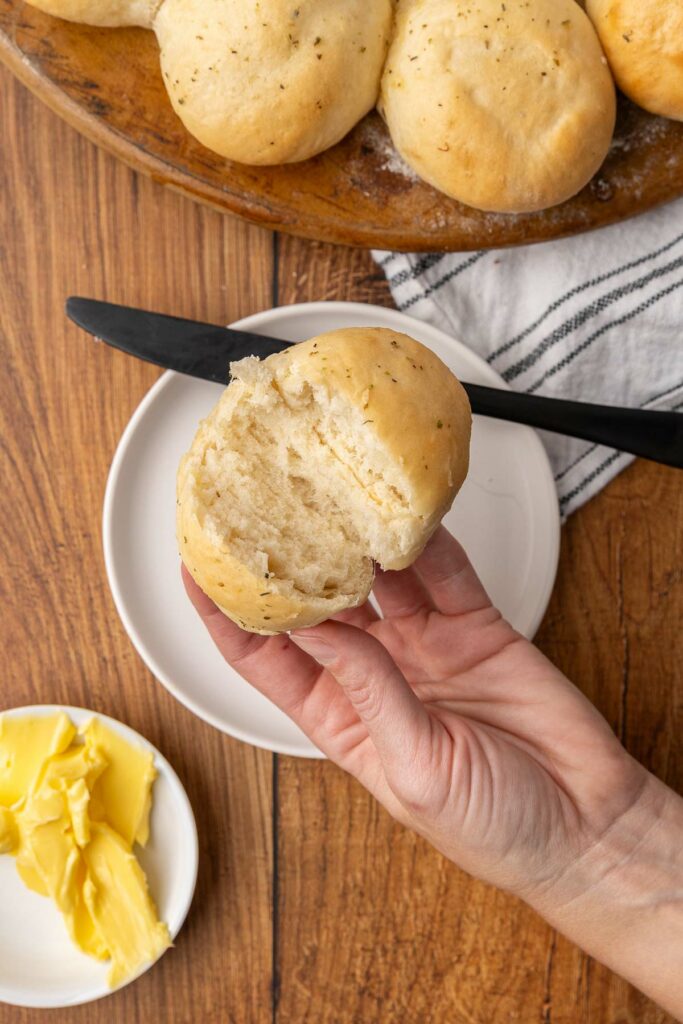
Start Cooking From Scratch
Cooking from scratch will always save you money over going out to eat or even buying pre-made meals from the store. You’re always paying extra for the convenience, right? But doing it yourself means that savings stays in your pocket.
I have posts on time-saving tips when cooking from scratch, meal planning tips for from-scratch meals, keeping a well-stocked kitchen and traditional cooking tips to get homemade meals on the table every day.
Before meal planning, shop your pantry, refrigerator and freezer! Don’t just fill your meal plan with recipes that sound delicious; start with what you already have to save more on your weekly grocery list.
For even more from-scratch cooking tips, grab my books The Made-From-Scratch Life and Home and Hand Made.
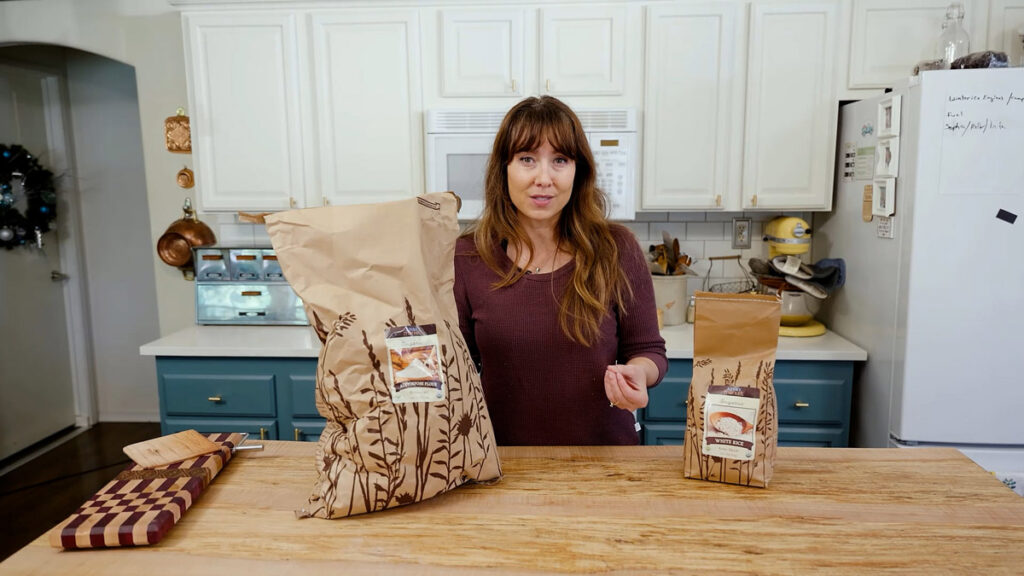
Eating Seasonally & Buying in Bulk
Whenever you can, consider buying in bulk and eating seasonally. If you need help with this, we have the Harvest to Table magazine that will help you get in-season produce on the table with delicious recipes.
Furthermore, if you haven’t shopped from somewhere like Azure Standard, I highly encourage you to check them out. For first-time orders over $100, you can use coupon “Melissa15” to save 15% off your order.
If the cost of bulk-buying is too much for you, consider going in on items with neighbors, family or friends.
Beyond buying in bulk, anytime you’re purchasing meat, buy the whole product whenever possible. A whole chicken costs less per pound than boneless, skinless and you can use the bones to make homemade bone broth.
The same goes for larger cuts of meat that you can cut into roasts or steaks yourself.

Turn Off the Media (At Least a Little)
This tip isn’t always a popular one, but electronics is a very modern problem that most people wrestle with.
This is one area in which many of us may be able to save a lot of money. When was the last time you looked into how many streaming services you have? They can be huge money suckers if we’re not careful.
Beyond getting rid of these things altogether is to ask ourselves how much time during the day or week we spend on our devices.
By simply reducing this time, we could free up time for cooking from scratch, doing a few projects around the house (instead of paying someone else to do them), etc. All of which will put that money (or rather keep that money) in our pocketbooks.
Your time is worth something, and so is your mental energy. If you can keep it focused on the goals you have decided are important for you, you may find that you have less time for media.
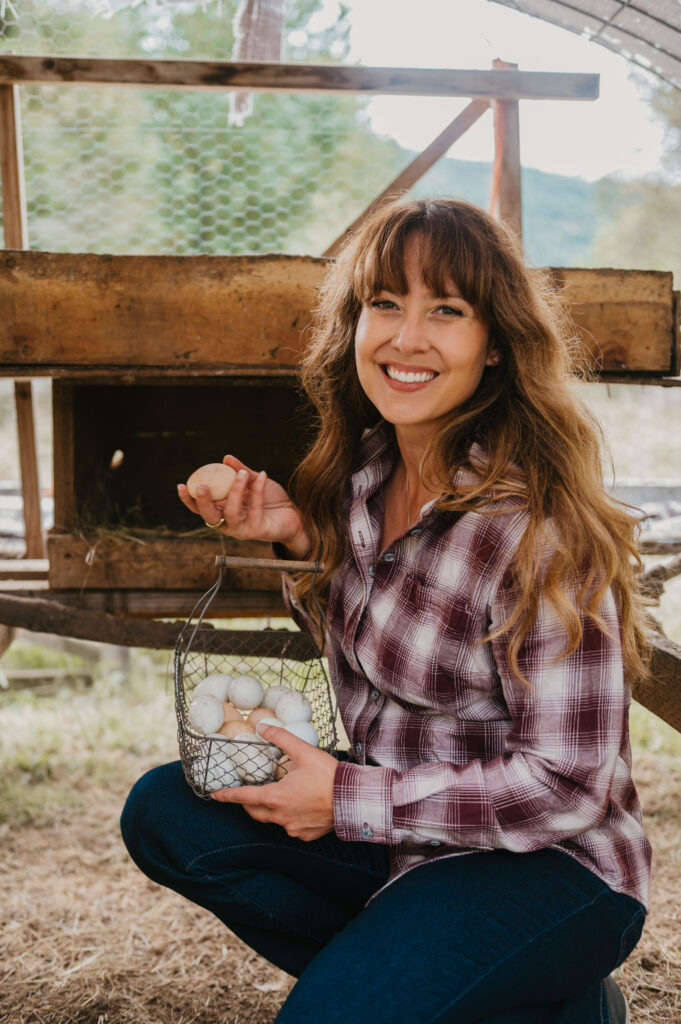
Money Saving Tips for Homesteaders
Learn How to Barter and Share
Though this isn’t necessarily just for homesteaders, it does lend itself more to those who are raising, growing or creating a product.
That doesn’t mean you can’t do this if you don’t have a homestead! There are many ways to barter with items like home-baked bread, homemade desserts, or even bartering your time for something you need (like helping to plant crops in exchange for a certain number of pounds of produce).
Some ideas of ways to barter:
- Gardeners – Are you growing more pumpkins than you need? Or have a windfall of apples? Maybe your neighbor or the friend down the street isn’t growing pumpkins and doesn’t have an apple tree but they would love to trade you for farm-fresh eggs or some raw milk.
- Bakers – Do you love baking homemade Artisan bread or homemade sourdough sandwich bread for your family each week? Perhaps you could double or triple up on your batches and barter or trade the extras?
- Homesteaders – Do you raise backyard egg-laying chickens? Or raise your own meat chickens each year? Maybe you add a few more to the flock and barter or trade the excess?
- Skillset – Tessa shared about her friend who cut hair professionally. Tessa had five kids in need of haircuts, but no skill to do so herself, so she traded fresh goat milk for her kid’s haircuts. Everyone felt like they were getting the better end of the barter, so it was truly a win-win! Think outside the box when it comes to a skill set you might have.
Read more with these Six Rules for Bartering Success.
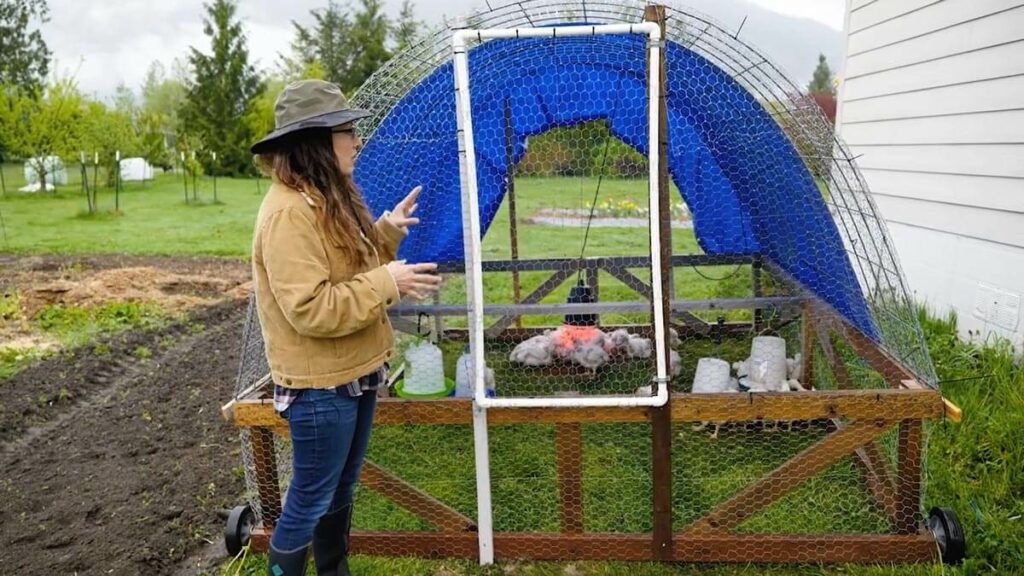
Raise Livestock
If you’re a homesteader, chances are there’s something that you’re already raising. As mentioned above, can you increase the amount you’re raising in order to sell it for some extra income?
If you’re already raising backyard chickens, adding more to the flock is usually not that difficult, and it won’t add more time to your daily chores.
Likewise, if you raise a cow for your own beef, perhaps you have the land to raise two or three?
There are so many ways to expand your homestead to bring in more income. Check out this podcast interview I did with Joel Salatin where we talk about maximizing your homestead for production and profit.
By implementing one or two of the tips above, you may start to see small savings, but if we all integrate every single one of them, I think we can all agree our pocketbooks might feel a little fatter at the end of the year!


